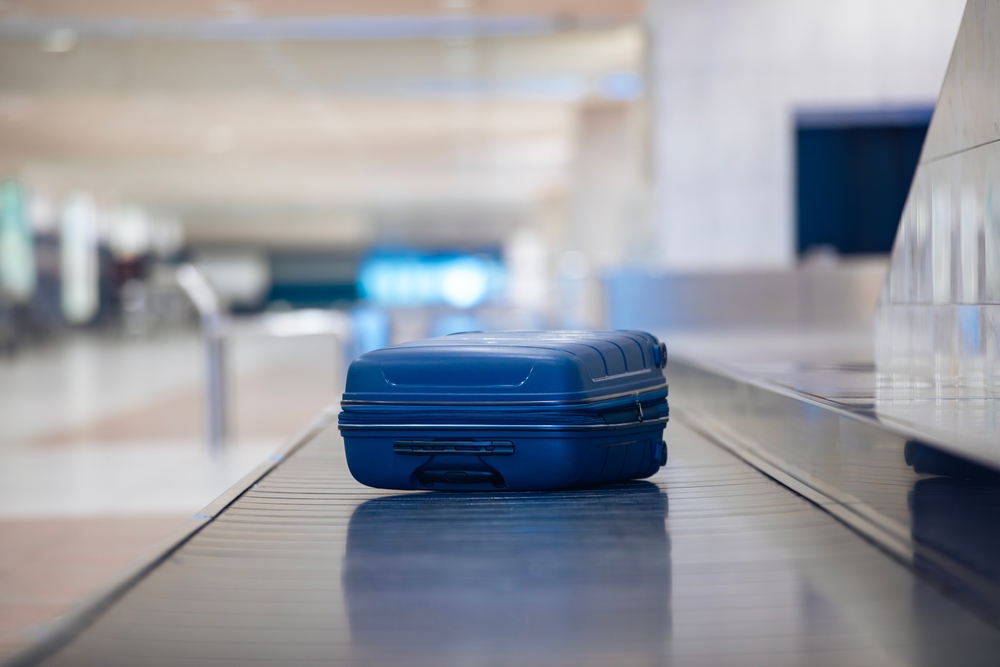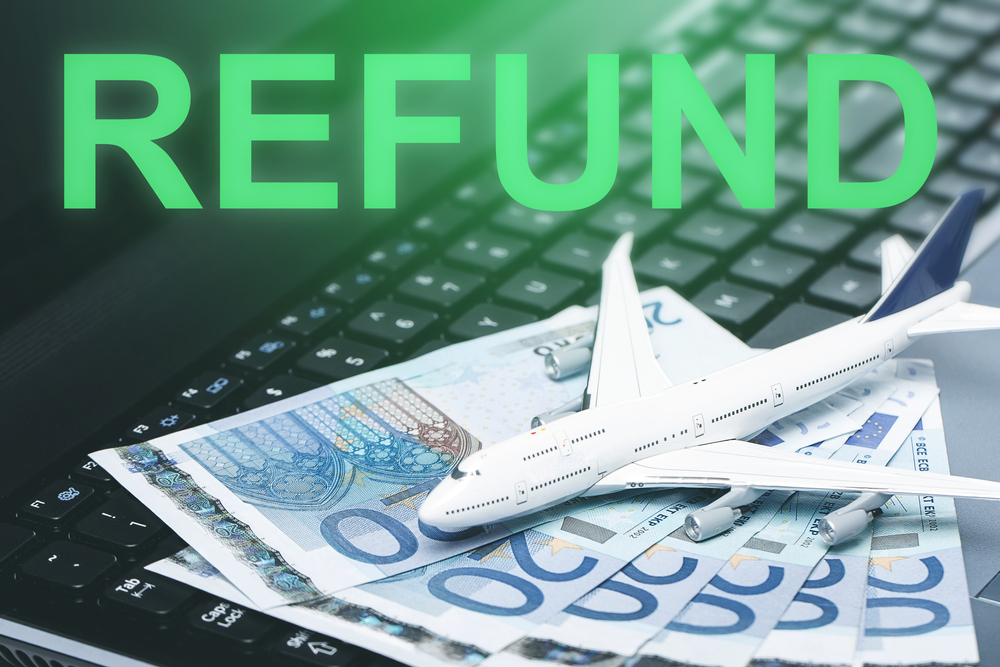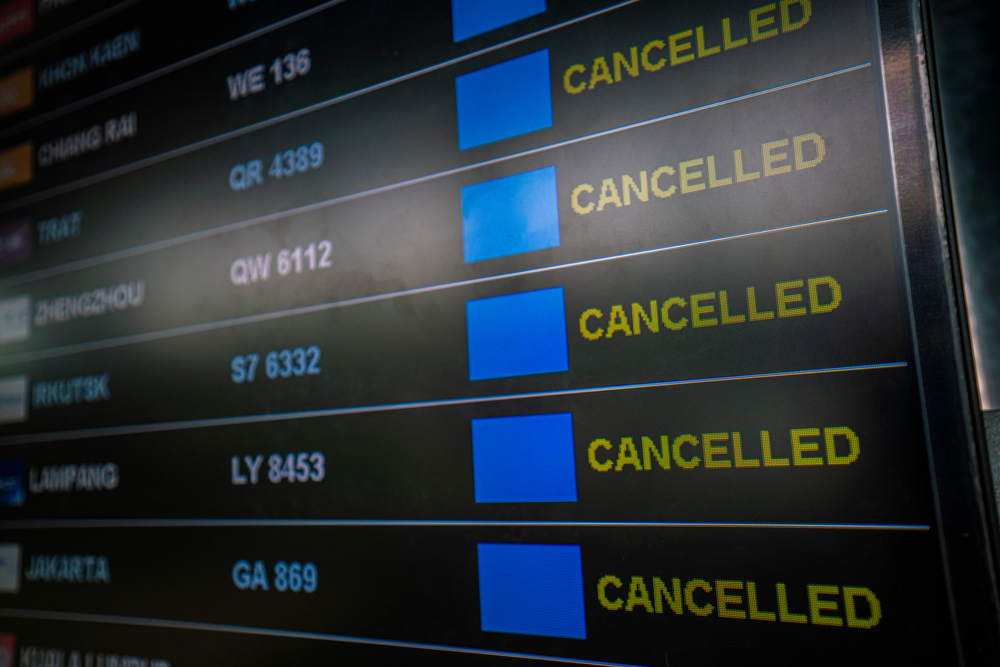Travel Insurance vs. Airline Refunds: What’s The Difference
When travel plans go off course, it is easy to feel lost in the fine print. Flights get cancelled, holidays are cut short, and the last thing you want is to spend hours figuring out who owes you what. Should you be contacting the airline for a refund? Or is it your travel insurance provider who steps in?
Understanding the difference between airline refunds and travel insurance claims is key to getting your money back and reducing the stress of disrupted travel. In this guide, we will break down the roles of each, when to claim, and how Bruford and Vallance can help you get it right the first time.
Let’s make sense of it all.
What Is An Airline Refund And When Are You Entitled To One
An airline refund is money paid back to you by the airline when a flight is cancelled or significantly changed. You may also receive compensation or vouchers depending on the circumstances.
Under UK and European regulations, you have rights as a passenger if your flight is delayed, cancelled, or overbooked. These rights are covered by UK Civil Aviation Authority rules, which are based on the previous EU regulation known as EC261.
You may be entitled to a refund or compensation if:
- Your flight is cancelled and you choose not to travel
- Your flight is delayed by more than five hours and you no longer wish to travel
- You are denied boarding through no fault of your own
- The airline changes your flight time significantly and you reject the change
Airlines are also responsible for rerouting you or offering alternative flights if you still wish to travel. In addition to this, you might receive food, hotel stays, or transport while you wait, depending on the delay length and the airline’s policies.
However, there are limits. Airlines will not reimburse additional costs outside of their responsibility — like non refundable hotels or tours you booked separately.
For full details on your rights in such situations, take a look at the Civil Aviation Authority’s page on passenger rights.
What Does Travel Insurance Actually Cover
Travel insurance is designed to cover a much wider range of potential problems than airline refunds. It is your safety net for things the airline is not responsible for. This includes events before, during, and even after your trip.
Common cover areas include:
- Trip cancellation or curtailment due to illness, injury, or bereavement
- Medical treatment abroad and emergency repatriation
- Loss of baggage or personal belongings
- Delayed departure and missed connections
- Travel disruption due to strikes, natural disasters, or airspace issues
Importantly, your policy may also help when your airline refuses to help. For example, if your flight is delayed but not long enough to qualify for compensation, your insurance may still pay out after a certain threshold.
However, it is important to read the policy wording carefully. Not every scenario is covered, and you may need to prove that you tried to get a refund from the airline before claiming on insurance.
To explore how travel insurance can protect you, visit our Travel Insurance page or read our article on Flight Cancellations And Delays.
Airline Refunds vs. Insurance Claims: Key Differences
Let’s compare the two side by side:
| Feature | Airline Refund | Travel Insurance |
| Covers flight cancellations | Yes | Yes, if not refunded by airline |
| Covers delays | Sometimes | Often after 12 or 24 hours |
| Covers medical emergencies | No | Yes |
| Covers lost luggage | Limited (only if airline is at fault) | Yes |
| Applies to other expenses (hotels, excursions) | No | Sometimes, depending on policy |
| Must be claimed directly from | Airline | Insurance provider |
| Timing | Usually after flight disruption | Can be before or during trip |
The biggest takeaway? Airlines are responsible for the flight itself. Insurance is for everything else. And in some cases, they overlap.
Can You Claim Both Travel Insurance And A Refund
This is one of the most common questions we hear — and the answer is yes, but not always at the same time.
If your flight is cancelled, your first step should always be to check with the airline. If they offer a refund or voucher, you must accept or decline it before turning to your insurer. Insurers usually expect that you have explored all options with the airline before submitting a claim.
If the airline refuses to cover your losses or only offers partial compensation, your insurance policy may then cover the rest. This includes things like hotel bookings you can no longer use or missed connections due to a delay.
What you cannot do is claim the same amount from both parties. This is called double claiming, and it is not allowed. Insurers require you to be transparent about any refunds already received.
For real world advice, read our blog on What To Look For When Buying Travel Insurance.
When Travel Disruption Gets Complicated
Sometimes, it is not clear who is responsible. For example:
- A strike by airport staff causes your flight to be cancelled. Is it the airline’s fault? Maybe not — they might not owe compensation, but your insurer might.
- You fall ill just before the trip and need to cancel. The airline is not liable, but your insurance should cover cancellation costs.
- An air traffic control failure disrupts your route and leaves you stranded. Your insurance may cover new flights or extra accommodation.
These grey areas are where insurance becomes invaluable. It bridges the gap and gives you options when things are uncertain. To see how this has applied in the past, explore our article on How Travel Insurance Can Help In A Medical Emergency Abroad.
How Bruford And Vallance Helps You Travel With Confidence
At Bruford and Vallance, we believe good travel insurance should feel like a safety net, not a puzzle. Our team helps you choose the right policy for your trip, whether you are flying short haul or planning an international adventure.
We are independent brokers, which means we are not tied to one provider. Instead, we compare the market to find cover that suits your plans, your destination, and your budget.
We also provide:
- Clear advice on what is and is not covered
- Guidance on when to buy travel insurance so you get the most value
- Support when you need to make a claim, including help finding the right contact details from our Claim Numbers page
- Peace of mind before you book, especially when trips are expensive or complex
Our clients know they can rely on us for support that goes beyond paperwork. We are here to explain your options, deal with tricky wording, and make sure you are not left out of pocket.
Need help getting started? Our team is always ready to talk. Get in touch via our Contact page or learn more about our Service Standards.
Planning Your Next Trip
Before you book that dream holiday or important business trip, it is worth taking a few moments to make sure your cover is in place. A lot can happen between booking and boarding. From volcanic ash clouds to passport problems, the unexpected is never far away.
To get the most out of your policy, timing matters. Learn why in our blog on The Best Time To Buy Travel Insurance, or find out Where You Should Never Travel Without Cover.
Final Thought
So what is the difference between travel insurance and airline refunds? It comes down to responsibility. Airlines handle the flight itself. Travel insurance covers everything else — cancellations, illnesses, emergencies, and unexpected disruption.
If you want to be fully protected, you need both. You need to know your rights, understand your policy, and be ready to act quickly when plans change.
That is where we come in.
Planning a trip? Speak to Bruford and Vallance to make sure you have got the right cover — before things go off course.



